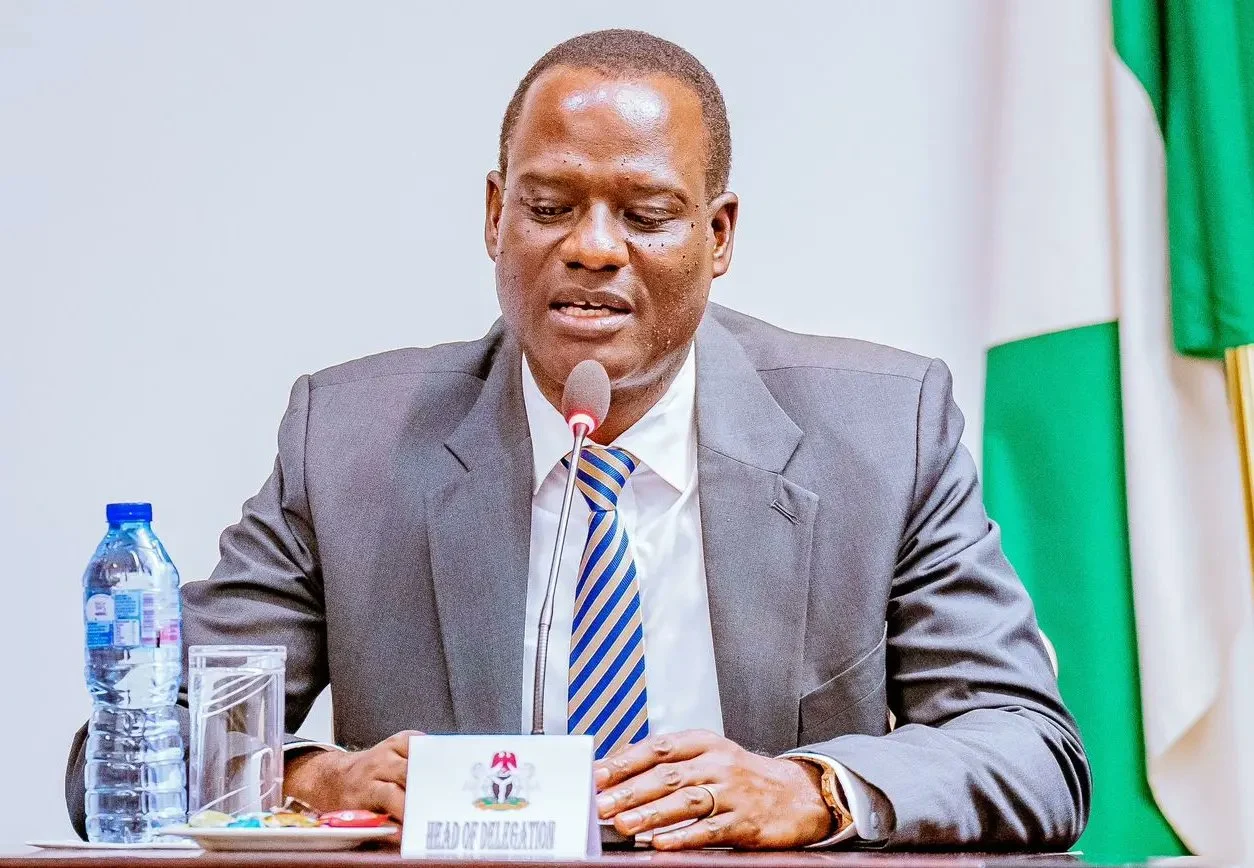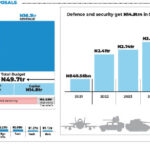The Chairman of the Presidential Committee on Fiscal Policy and Tax Reforms, Mr Taiwo Oyedele, has said the proposal on Value Added Tax (VAT) distribution aims to create a fairer system.
He spoke in response to the opposition by the Northern Governors’ Forum to the Nigeria Tax Reform Bill sent to the National Assembly recently by President Bola Ahmed Tinubu.
The governors of the 19 Northern states had rejected the bill, especially the proposed amendment to the distribution of Value Added Tax (VAT) to derivation-based model.
Explaining their decision in rejecting the Tax Reforms Bill, the Chairman of the Northern Governors’ Forum, Governor Inuwa Yahaya, said: “This is because companies remit VAT using the location of their headquarters and tax office and not where the services and goods are consumed.
- Why I stayed in Spanish hotel for one year as ambassador – Bianca Ojukwu
- Supply enough petrol for local consumption, Tinubu tells Dangote, others
“In view of the foregoing, the forum unanimously rejects the proposed tax amendments and calls on members of the National Assembly to oppose any bill that can jeopardise the well-being of our people.”
But in response to the rejection, Oyedele, whose committee has been working on tax reforms of the Tinubu-led administration, said the proposal was aimed at creating a fairer system.
He spoke just as Senator Ali Ndume, lawmaker representing Borno South at the National Assembly, urged the federal government not to burden Nigerians with more taxes.
Oyedele, in responding to the concerns of the Northern governors said, “We share the sentiment expressed by the Northern governors regarding the inequity inherent in the current model of derivation as a basis for distributing VAT revenue.
“This issue, in fact, affects many states across all geopolitical zones because the current derivation is mainly determined based on where VAT is remitted, rather than where goods or services are supplied or consumed.
“Our proposal aims to create a fairer system by devising a different form of derivation which takes into account the place of supply or consumption for relevant goods and services whether they are zero-rated, exempt or taxable at the standard rate.
“For example, a state that produces food shouldn’t lose out just because its products are VAT-exempt or consumed in other states. The state where the supply originates should be recognised for its contributions. The same principle should apply to services like telecommunications—VAT distribution should reflect where subscribers are located.”
Reacting to the tax reform bills currently before the National Assembly, Ndume said the government should go after rich individuals and corporations, instead of poor Nigerians.
Ndume, in an interview on Arise said, “We are almost losing the middle class in Nigeria. It is either you have it or you do not have it. Those that are in the middle are being squeezed out. If Nigerians can pay for those taxes, it is okay. But in the current situation, increasing taxes is not an alternative at all. I will not support any increase in taxes.
“Let us get things right first. Let people start living and not surviving. Let people have extra income.
“The North has more poverty, so if you want to increase taxes again, let’s be considerate. Tax those people who can afford it. Those who can afford the taxes in Nigeria are not even paying them.”

 Join Daily Trust WhatsApp Community For Quick Access To News and Happenings Around You.
Join Daily Trust WhatsApp Community For Quick Access To News and Happenings Around You.


